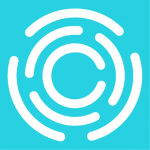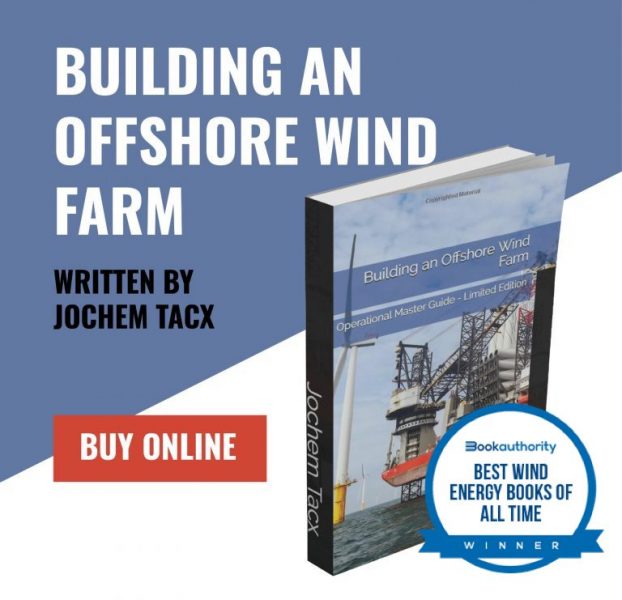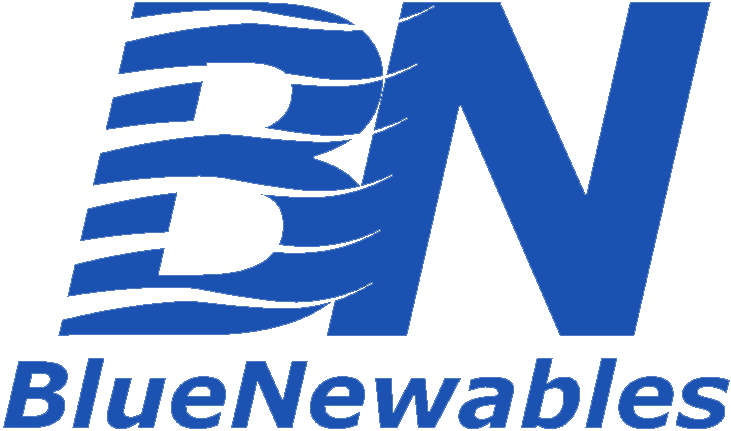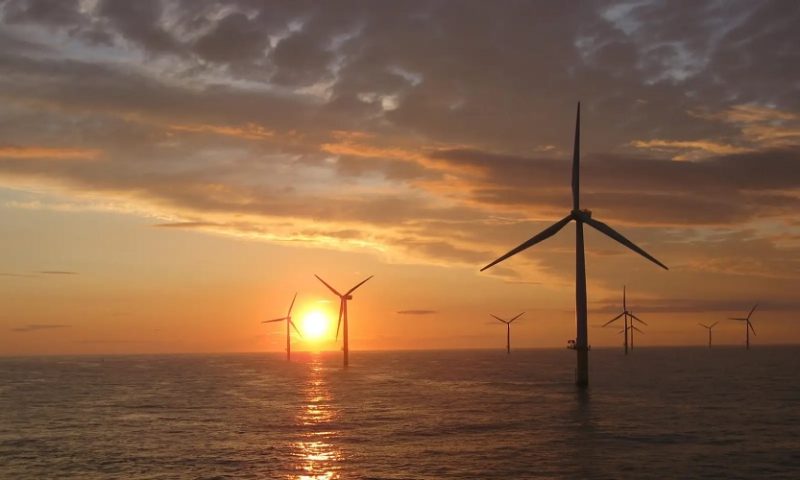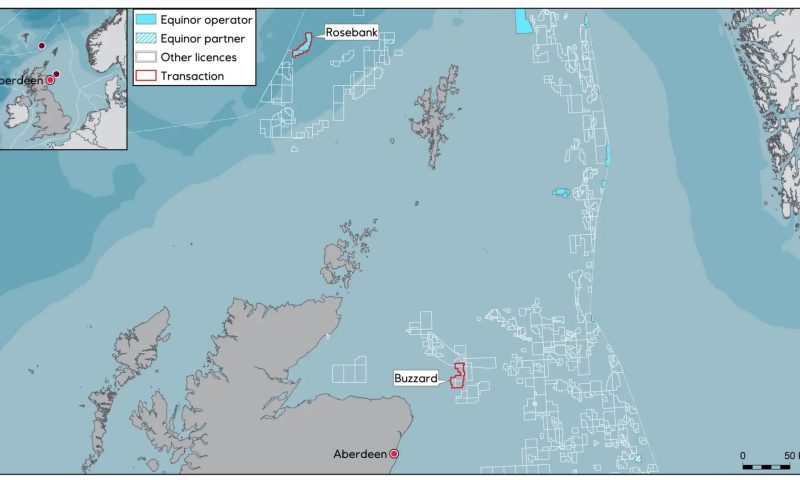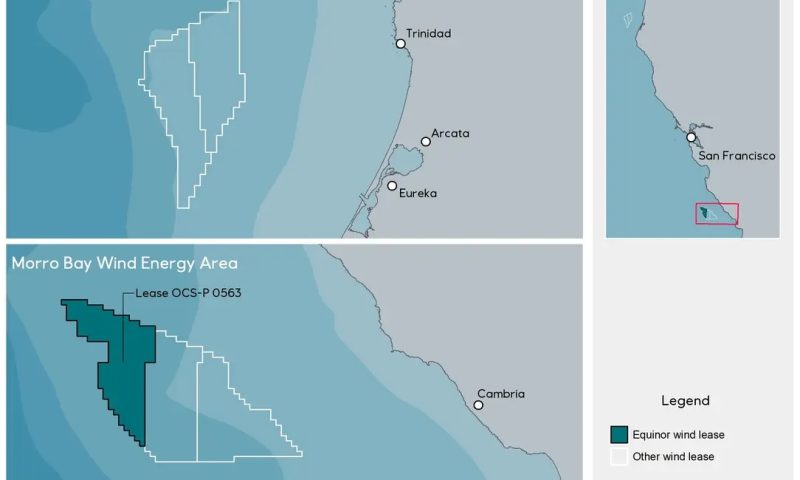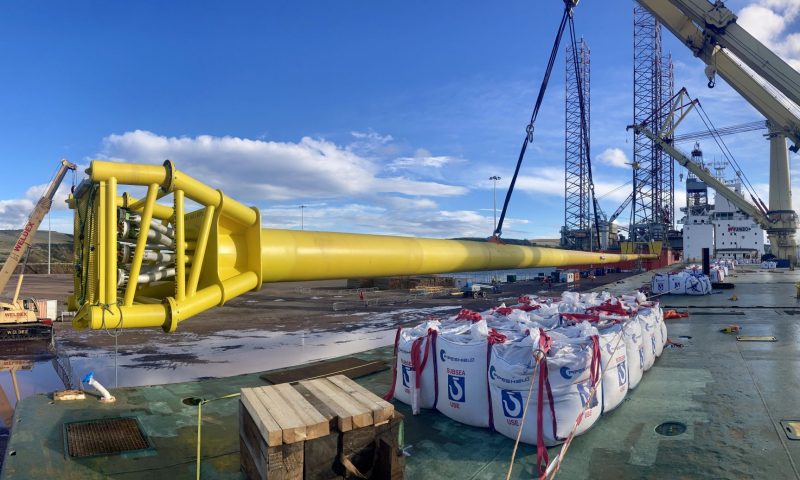
Equinor Announces New multi-billion Agreements for Safety and Automation Systems
A new compensation format will help improve efficiency as Equinor awards new framework agreements for safety and automation systems with five suppliers.
The framework agreements cover operation of all the company’s installations on the Norwegian continental shelf (NCS) and onshore plants in Norway. They may also be used by the company’s international activities and for new development projects.
Total value of the five-year fixed period of agreement is estimated at just above NOK five billion. Three five-year options are additional, depending on the lifetime of each installation. The agreements cover more than 500 jobs.
“We are pleased to sign new agreements with all our suppliers of safety and control systems. The agreements include a new compensation format that rewards safe and effective deliveries, aiming for closer collaboration and smarter maintenance and modifications. If we jointly succeed in reducing our total costs, it will benefit everyone involved in the effort,” says Peggy Krantz-Underland, chief procurement officer (CPO).
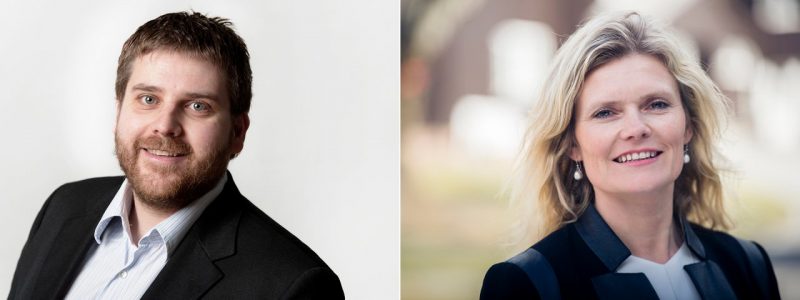
Frode Abotnes (left), vice president for the technical multifield centre of operations technology in Development and Production Norway, and Peggy Krantz-Underland, chief procurement officer.
The safety and automation systems on the installations are the brain of the plants. The agreements cover daily operation and ensure continuous maintenance, modifications and upgrading. Cyber security is also becoming an increasingly important part of the work scope.
“Safety and automation systems are central for us to be able to work safely on the NCS. They will help us meet our safety requirements and transform the NCS for continued high value creation and low emissions during the next decades. To achieve this, we need to strengthen our competitiveness and collaborate efficiently with our suppliers,” says Frode Abotnes, vice president for the technical multifield centre of operations technology in Development and Production Norway (DPN).
“We will spend the first two years of these agreements on establishing a standard for how to solve the tasks. The deliveries that are most effective and help reduce our costs will be rewarded. We want this to be a win-win situation for both us and the suppliers,” underlines Abotnes.
